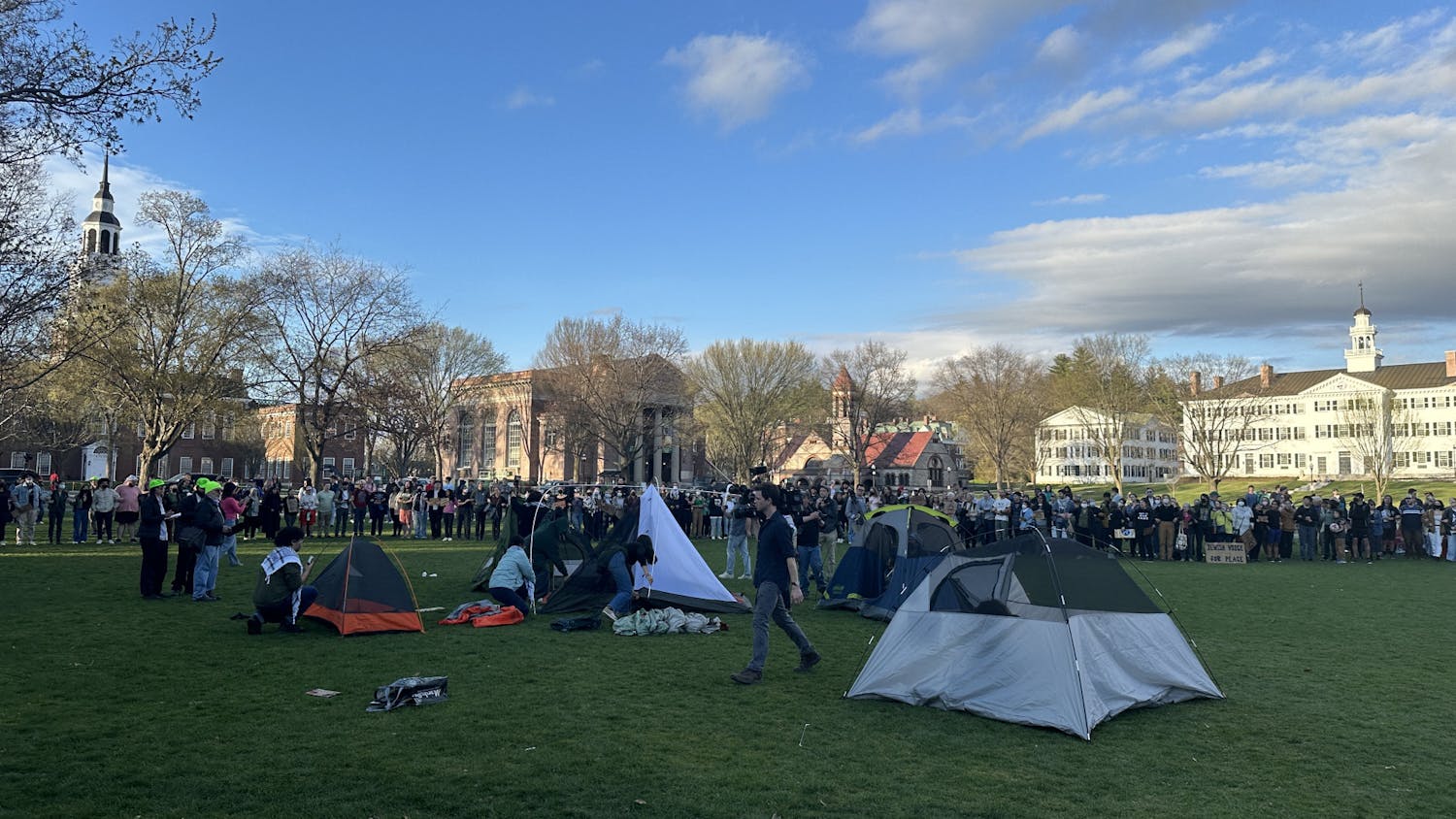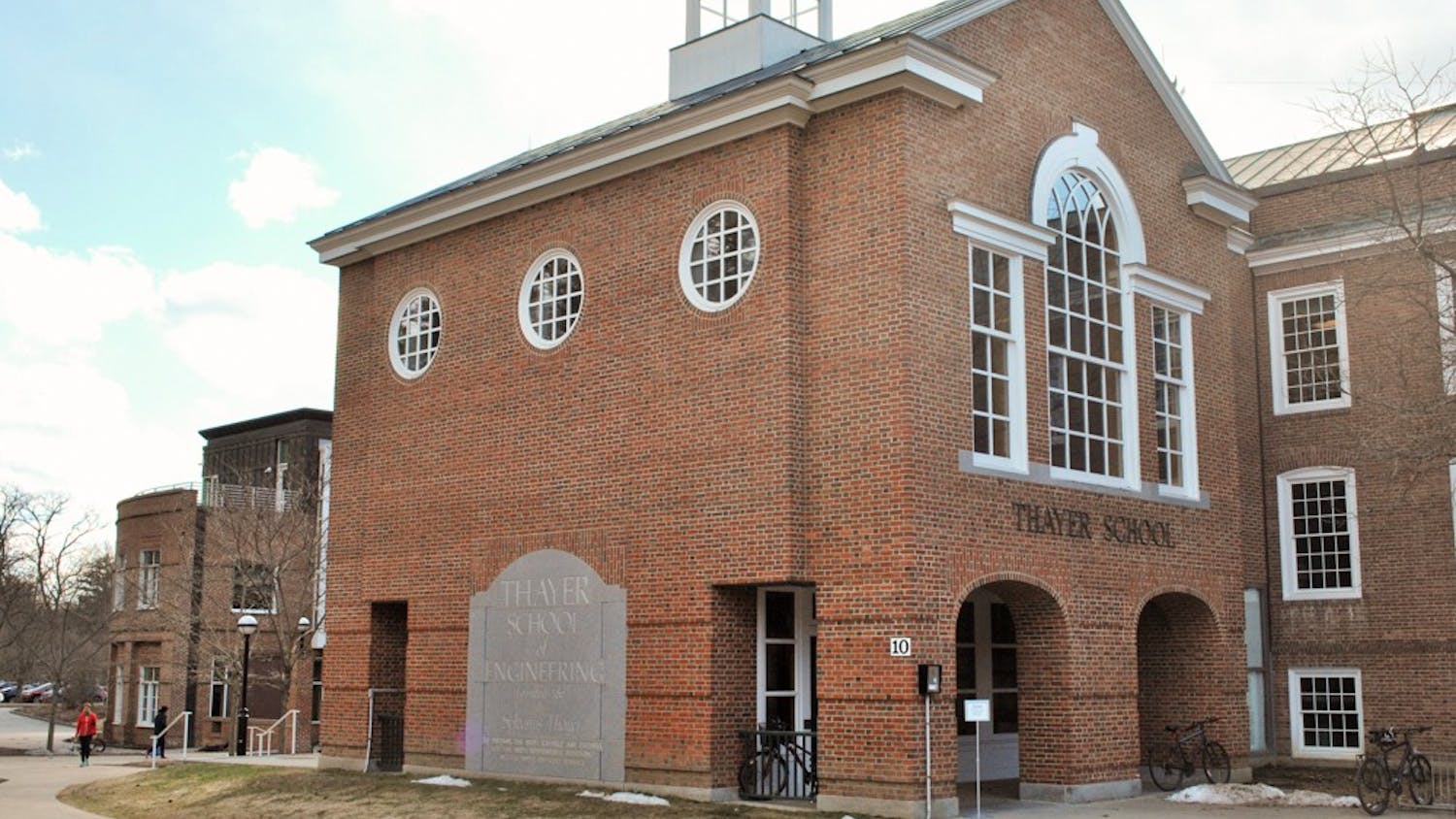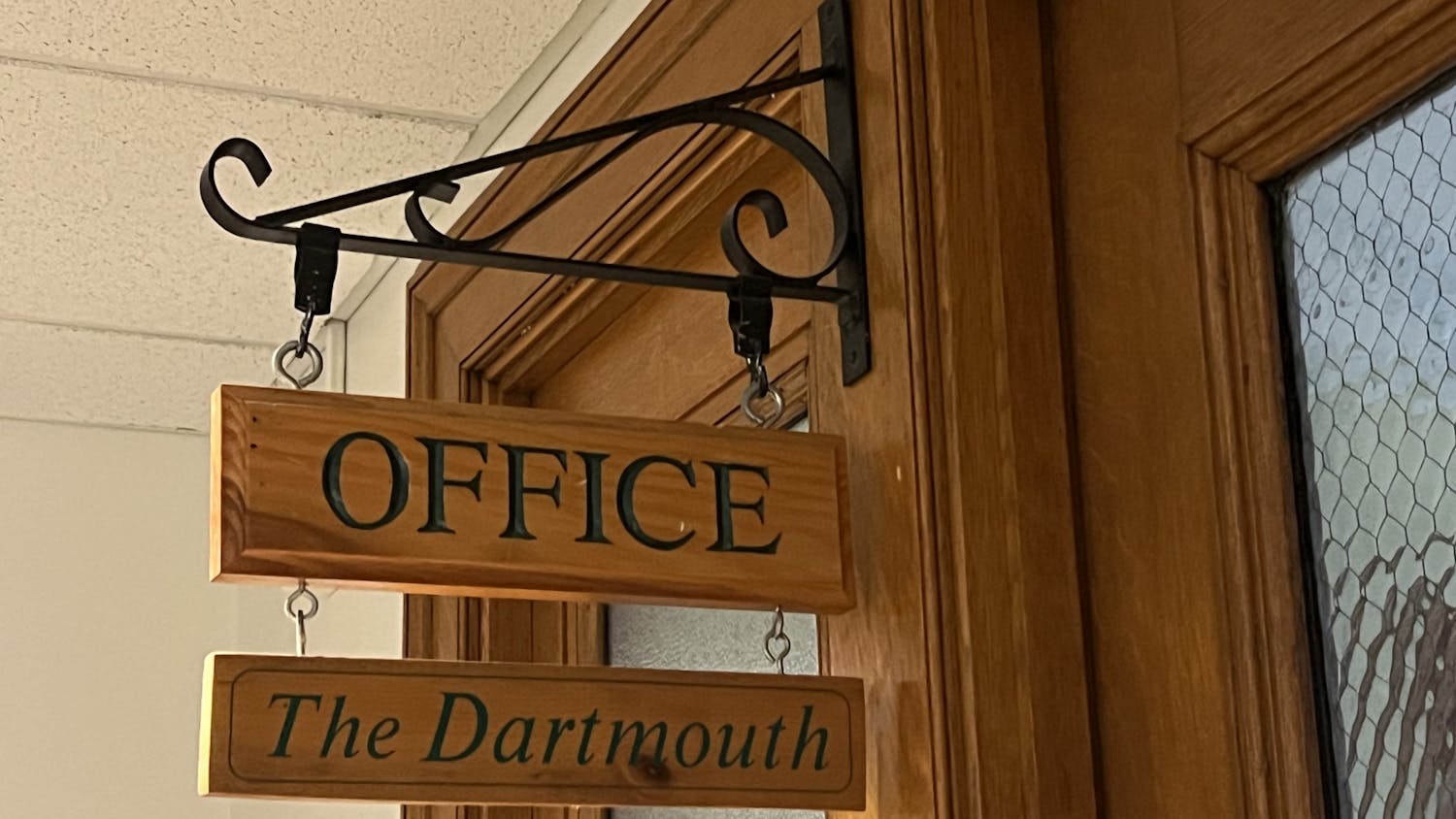The Election Advisory Committee, which oversees student elections, last night withheld the results of the election of Student Assembly president, vice president and at-large members, after a fault in the on-line voting program caused some votes for Assembly vice presidential candidates to go unrecorded.
Results for the Green Key, Committee on Standards and class council presidential and vice presidential elections were all released last night. All incumbents running in class council elections were re-elected.
A second election will be held for students to recast their votes for Assembly president next week, after which the results of all Assembly positions will be announced.
Although the votes for presidential and at-large candidates have been tabulated only Director of Student Activities Linda Kennedy, who chairs the EAC, knows who won.
Kennedy said the EAC decided not to release the results of the other Assembly positions because "it might alter the way people decide to vote."
A typographical error
The problem in the electronic ballot, used for the first time in this year's election, was discovered Tuesday afternoon after an unusual message was generated by the voting program, said Tom Caputo '96, a member of the EAC, who along with Michael Pryor '98 developed the on-line election system.
Caputo said a typographical error in the program prevented the secure server from recording some of the vice-presidential votes from the Class of 1999.
But because the votes cast by the freshman class cannot be isolated from the votes of other students, all the votes for vice president were discarded and all classes will be eligible to vote again next week.
Caputo said the problem with the program was not announced immediately so as "not to compromise the integrity of the rest of the elections."
Caputo said after the developers of the voting system discovered the error, they checked the rest of the ballot "scrupulously." He said he is as "certain as any person can be that there are no other errors."
A second election
Kennedy said the second election will be held from 9 a.m. next Tuesday until 8 p.m. Wednesday.
Kennedy said the EAC decided to wait until Tuesday to reopen the polls because it will take time to rewrite the program and the Student Activities Office will be busy with '99 Family Weekend.
In the second election, Kennedy said all classes will have the same ballot with only the names of the Assembly vice presidential candidates and a space for write-in candidates.
Campaigning will continue
The EAC will give all three vice presidential candidates $20 for campaigning in the next few days, Kennedy said. She said they decided to provide the money since the error was the EAC's fault.
Joan Ai '98, a vice presidential candidate, said she is stunned. "This is an election nightmare," she said.
She said she will continue campaigning, but she cannot continue to concentrate "solely on the elections."
"My first priority is to study," Ai said.
Ai said she would have been willing to stop campaigning because people "have been brutal, and I'm sick and tired of it."
Vice presidential candidate Bill Kartalopoulos '97 said he has two gripes about the delay in the elections.
Kartalopoulos said he is upset they are delaying the process a week because he has "neglected classes, lost significant amounts of sleep and used up my budget."
He said he also does not like the fact that all four classes have to vote again because "there is a significant possibility that many people will not feel the impetus to vote yet again."
"I don't blame Kiewit or Linda Kennedy," Kartalopoulos said. "These things happen."
He said he will only campaign minimally in the next week because he cannot continue to devote the time, energy and resources to campaigning.
Vice presidential candidate Chris Swift '98 said it is now "crunch time."
"I have six days to put together an even bigger team and make sure voter turnout is high," Swift said. "I want to make sure people stay involved."
He said he hopes there is another candidate debate and students will look more closely at the issues and focus on the quality of leadership the candidates have.
"The vice presidential race just became the campaign on campus," Swift said. "The dialog is going to be fantastic."
Write-in vice presidential candidate Meredith Epstein '97, who is on a Foreign Study Program this term in London, said, "I feel bad for the computer people, this is something they worked hard on."
Epstein said she thinks it is exciting that students can vote from anywhere in the world now that the elections are on-line.
Epstein's campaign manager, Ben Hill '98, said the people campaigning for Epstein on campus are going to "let things lie for a little bit then hop back on it on Sunday and Monday."
Hill said he hopes to get the same support Epstein had before and get people to vote again.
Presidential candidates Sarah Cho '97, Jon Heavey '97, Scott Rowekamp '97 and Steve Salemi '97 said they all feel badly for the vice presidential candidates for having to go through another grueling week of campaigning.
They all said they are glad the campaigning period is over, but they think waiting for the results will be frustrating.
A new voting system
Until this year, votes in student elections were made on paper ballots, which were counted by hand. The tabulation of votes continued the night after the election until as late as 2:30 a.m.
Caputo said the results of all of this year's elections "were tabulated in 20 seconds."
He said 1,690 students voted in the elections on Tuesday and Wednesday, with more than 50 percent of votes being cast on the first day.
About 1,730 students voted in the elections last year, and about 1,600 voted the year before.
Caputo said he cannot say the change in voter turnout is due to the fact that elections were held on-line.
"A lot of factors govern voter turnout," he said. "The candidates affect it, the voting was over two days, there was a change in the campaigning -- It is dangerous to draw causation."



